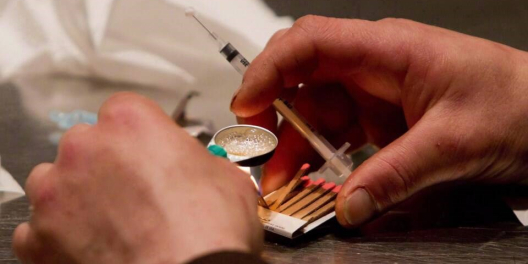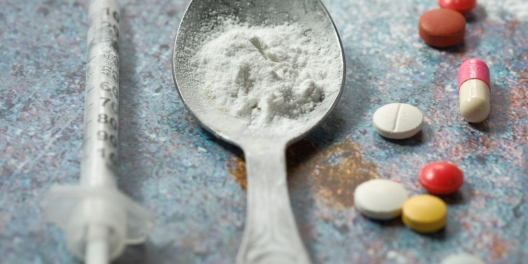Today begins a new era of decriminalized drug use in BC.
BC is now the first place in Canada where adults can use and hold up to 2.5 grams of opioids, cocaine, and amphetamines.
Users will not face criminal charges, mandatory treatment, or have their drugs seized.
Decriminalization is a new approach to tackling toxic drug use in BC.
The jury is still out on whether it will work.
The idea behind the new approach is to encourage testing, reduce stigma, and treat the crisis as a health issue – not a criminal one.
BC’s Chief Coroner, Lisa Lapointe, is intimately aware of just how many people are currently dying from drug use.
She told Time Colonist, she has long advocated for this change.
“I feel like this is such an important step toward shifting the way we as a public… marginalize people who use drugs,” she said.
“This is a small step and it’s just the beginning.”
A new approach is needed because death from drugs is skyrocketing.
2022 was the second deadliest year for overdose deaths in BC.
Locally, the impact of the toxic drug crisis was even more tangible.
Last year, BC Emergency Health Services (BCEHS) received 525 calls for overdoses just in Campbell River.
That’s over 100 more people calling for help than in 2021.
500+ people would easily fill up Spirit Square, and it shows how quickly the impacts are growing.
Change needs to be made, and quickly.
While decriminalization fits the description of a big change, experts say the province needs to be coupled with other supports to lower drug usage and deaths.
As Federal NDP Leader Jagmeet Singh put it,
“While [decriminalization] and the approach of compassion is absolutely the right approach, there also needs to support around treatment, rehabilitation, mental health services, addiction services so we can actually provide people with the care they need.”
Despite the record number of overdoses, the Campbell River City Council is resisting change.
“I’m in favour of maintaining the status quo,” Coun. Susan Sinnott said at City Council’s Jan. 26 regular meeting, while discussing public drug usage.
No one wants to see drugs being used around the community, but the Council did not discuss implementing any new policies designed to curb usage. Instead, they focused on continuing to penalize it.
Council passed a new by-law that will prohibit any drug use in public, and allow violators to be ticketed.
In essence, Council is rejecting new laws supported and designed by many of Canada’s top doctors and drug policy experts, instead, it’s doubling down on the old, failed law and order approach. An approach that every stat shows are not working.
The by-law was driven by some residents’ concerns about safety. The 2022 Vital Signs report found twenty-five percent of locals said they felt unsafe downtown.
The only dissenting vote was from Coun. Tanille Johnston.
“I think insinuating that the 25 percent should drive all of our decision-making is just not a good place to pull decision-making from,” Johnston said.
“We haven’t consulted our chief medical officer. We haven’t consulted Island Health on how to do this. There is no information coming from the [BC Centre for Disease Control]… I feel like we’re making a decision without adequate information. And I just don’t think it’s a good one.”
Unfortunately, this crisis won’t be going away on its own.
For all the individuals, and the friends and families of those suffering from addiction in our city – “maintaining the status quo” isn’t going to cut it.









